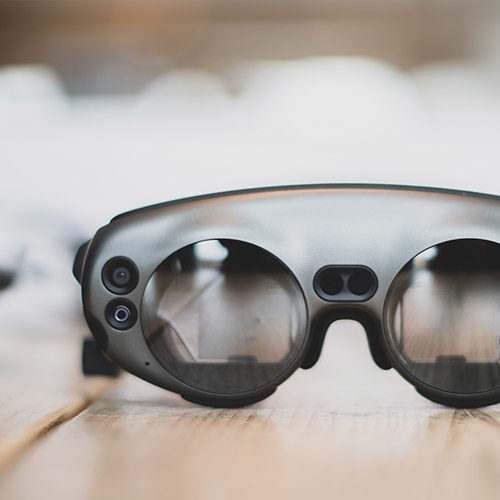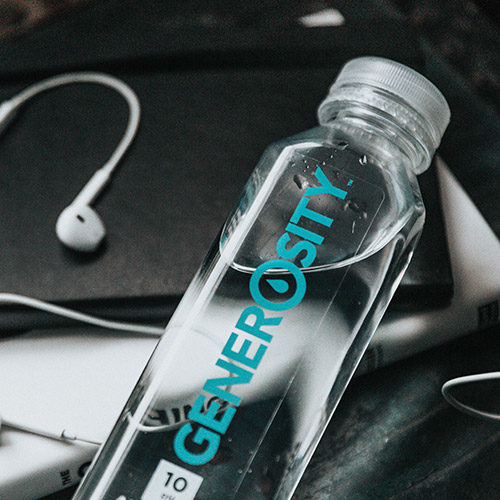NATIONAL REPORT – The financial crisis that started in 2007 and the subsequent economic downturn created a difficult period for the hospitality industry.Forced to do away with nonessential services, many hotels were quick to end their relationships with the purchasing companies stocking their kitchens in order to maintain their bottom line. Still, as the industry is nearing peak levels of prosperity, it hasn’t welcomed procurement agencies back into the pantry.
According to Chip McIntyre, SVP, strategic sourcing at hotel procurement and supply chain services company Avendra, many hotels believe they can handle purchasing better themselves, despite the fact that many hotel purchasing departments are understaffed for the job. In the past, hotels encountered difficulties with purchasing companies ordering generic products, and many hospitality professionals have gotten used to doing purchasing by themselves. However, McIntyre said that by passing on working with a purchasing company, they are missing out on the expertise of organizations that can identify money-saving opportunities in hotel restaurants and beyond.
“As an example, we recently worked on a contract related to olive oil,” McIntyre said, elaborating that Avendra investigated how the product would be used and determined that a Mediterranean olive oil (consisting of olives from multiple countries) would be better than olive oil drawn from just one country. “Through this approach, we were able to secure a lower price for our customers and protect against supply variability for this multi-use olive oil.”
“The main reason we exist is to reduce costs,” said Jim Guenthner, VP of corporate programs and supply chain management for Source1 Purchasing. “There were cutbacks some years ago, and our company was built on people that came out of this industry. We walked in operators’
shoes before.”
LOSING CONTROL
One of the biggest difficulties hotels face when dealing with purchasing companies is giving up control of the buying process to a third party with little invested in the hotel. Hotels can be picky with everything they serve to guests, down to ketchup; how can they be comfortable letting a company buy for them when they don’t work with guests?
“We aren’t taking decisio nmaking away from operators; we are providing data analytics,” Guenthner said. “They can still decide on what they are ordering.”
This is important to hotels because the goal of purchasing has changed to match changes in guest preferences. For example, just as Westin’s Heavenly Bed changed guests’ perception of the sleep experience, travelers have adapted to ask more of the culinary experience when on the road. In order to avoid serving guests generic products, while also buying at a premium, Source1 compares products item-to-item in a database, highlighting significant products on a
percentage-point basis.
“It seems like data and analytics came to the hospitality industry last, but it’s critical to the success of a location,” Guenthner said.
While technology and data analysis are a major part of today’s procurement process, purchasing companies also bring to
the table a base of contracts and supplier relationships, as well as additional layers of quality assurance. In their “Meet the Truck Audits,” Avendra representatives meet with customers on the day they are expecting multiple supplier deliveries, without informing suppliers beforehand.
“We engage with customers during the delivery process, as well as after the delivery when we perform price audits to ensure they are receiving the contracted price,” said Don Hecht, VP procurement
at Avendra. “You have to know customer pain points; are they being raked over the coals in pricing?” Guenthner said. “Learn the issues, their goals and objectives. Where do they see business in 12 months? Are you looking for new furniture? New menus? Are you building?”
BUYING THE FUTURE
According to Hecht, the major trends in F&B purchasing for 2016 include a greater emphasis on mobile food, clean labels and food that tells a story. “Food choices are being impacted by millennials as well as other ‘foodie’ groups that are very interested in having an ‘authentic’ experience,” Hecht said. “To support this trend, we’ve seen the desire for hotels to deliver intriguing food and beverage‘stories.’”
As an example of this, Avendra recently launched an online boutique wine service that allows customers to order from small wine producers that are not in broad distribution. Guenthner said that standardized items are dropping in popularity as guests become better shoppers, while bespoke amenities are taking center stage, with the banquet space being heavily influenced by this trend. Instead of serving cookie-cutter meals seen in banquet halls across the country—Guenthner cited the 4-ounce chicken as a traditional offender—hotels are developing entire banquet menu guides that require meticulous ordering to execute.
“The offerings from group purchasing organizations have evolved faster than the perception of the institutions,” Guenthner said. “We fight it, but savvy operators are starting to come around.”
To view the Hotel Management Magazine article, please click here.
MEDIA CONTACT:
BlueIvy Communications
561-310-9921
Melissa@BlueIvy.co












